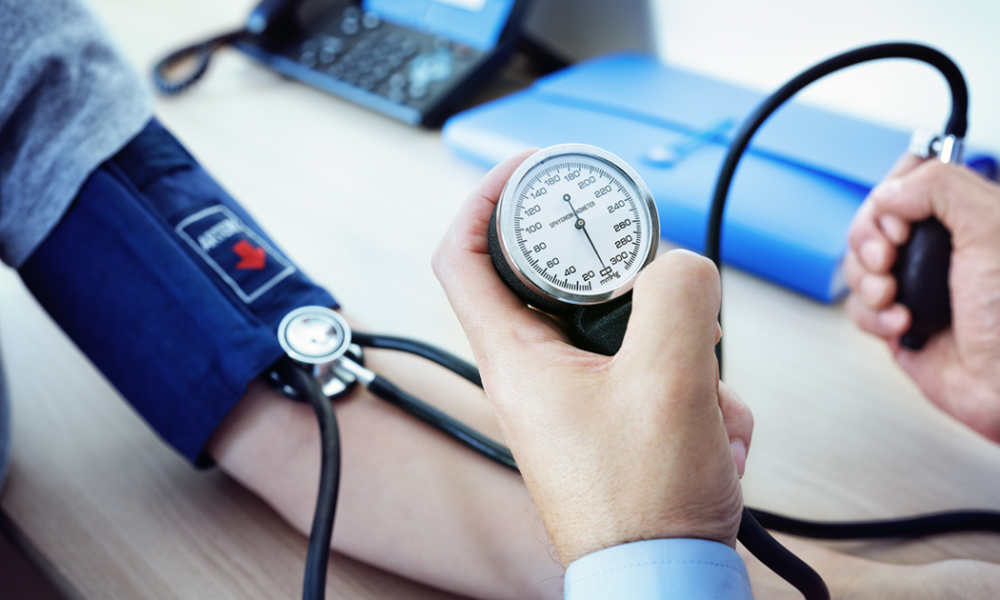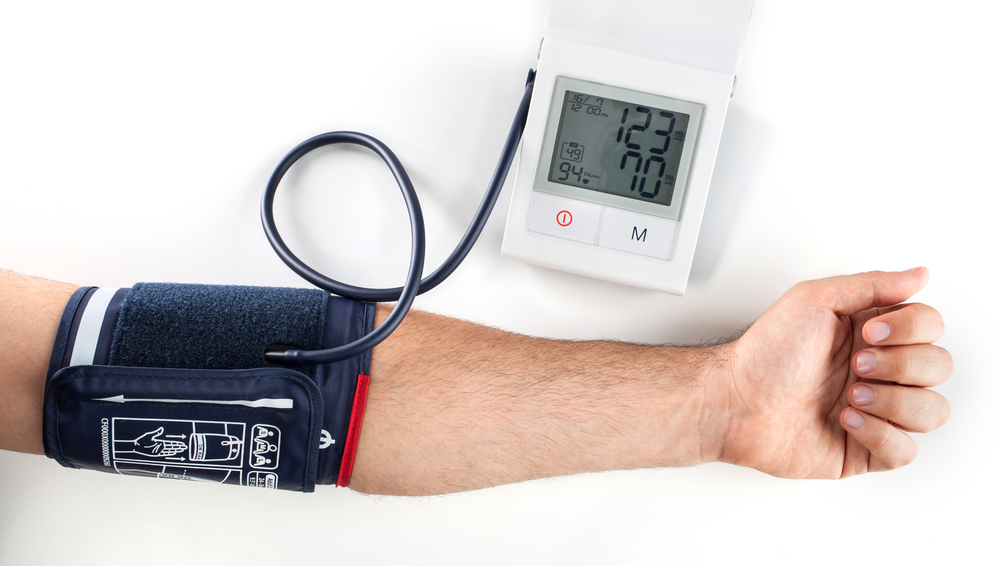- Home
- Our Providers
- Our Services
- Abdominal Aortic Aneurysm Screening
- Alzheimer’s Disease
- Antibiotics Treatment
- Arthritis
- Asthma and Allergies
- Blood Work
- Breast Cancer Screening
- Cancer Screenings
- Cervical Cancer Screening
- CHF
- Chronic Diseases Management
- Colon Cancer Screening
- Physical Exam and Preventative Care
- COPD
- Covid Testing
- Dementia
- Depression and Anxiety
- Diabetes Mellitus Type 1 & 2
- Ear Cleaning
- ECG
- Fibromyalgia
- Flu Tests
- GERD
- Heart Disease
- Hepatitis Screening
- High Blood Pressure
- High Cholesterol
- HIV Screen Tests
- Hormone Therapy
- Iron Injection
- Joint Injection
- Kidney Disease
- Lung Cancer Screening
- Medical Wellness Visits
- Men’s Health
- Nutrition Consultation
- Obesity
- Osteoporosis
- Peripheral Neuropathy
- Peripheral Vascular Disease
- Pre and Post Surgical Evaluations
- Prostate Cancer Screening
- Pulmonary Disease
- Pulmonary Function Test
- Seizure
- Sexual Transmitted Diseases
- Sick Visits
- Skin Biopsy
- Sleep Apnea
- Smoking Cessation and Reduction
- Stroke
- Testosterone Injection
- Thyroid Dysfunction
- Ultrasound
- Urine Analysis
- Vaccinations
- Vascular Studies
- Vitamin B12 Replacement
- Weight Loss
- Wound Care and Suture Removal
- Telemedicine
- Join Our Team
- Patients
High Blood Pressure
High blood pressure, also known as hypertension, is a common health problem that can lead to serious health complications if left untreated. At CoreMed Plus, we specialize in high blood pressure management and offer a comprehensive range of services to help our patients manage and prevent potential health problems.
Our experienced healthcare providers take a personalized approach to high blood pressure management and work closely with patients to develop a treatment plan that meets their unique needs and goals. We believe in taking a holistic approach to healthcare, incorporating lifestyle modifications, medication management, and regular monitoring to help manage high blood pressure effectively.
Our state-of-the-art facilities and cutting-edge technology allow us to provide the highest quality care to our patients. We offer a wide range of services, from screenings for related health problems to stress and weight management, to help our patients manage their high blood pressure and improve their overall health and well-being.
At CoreMed Plus, we are committed to providing compassionate, patient-centered care to help our patients achieve their health goals. If you are struggling with high blood pressure or related health problems, we are here to help. Contact us today to schedule an appointment and take control of your health.

What is High Blood Pressure
High blood pressure, also known as hypertension, is a common medical condition in which the force of the blood against the walls of the arteries is consistently high. Blood pressure is measured in millimeters of mercury (mmHg) and is expressed as two numbers: systolic and diastolic.
Systolic blood pressure is when the heart beats and pumps blood, while diastolic blood pressure is when the heart rests between beats. Normal blood pressure is typically considered to be around 120/80 mmHg. However, blood pressure can vary throughout the day and may be influenced by stress, physical activity, and diet.
When blood pressure is consistently higher than normal, it can cause damage to the arteries and lead to a range of health problems, including heart disease, stroke, and kidney disease. High blood pressure often has no symptoms, which is why it is sometimes called the “silent killer.”Many factors can contribute to high blood pressure, including genetics, age, race, diet, physical inactivity, stress, and certain medical conditions.
Fortunately, high blood pressure can be managed with lifestyle changes and medication. Controlling high blood pressure requires regularly monitoring blood pressure levels, maintaining a healthy diet, staying physically active, reducing stress, and taking medication as prescribed.
Individuals with high blood pressure need to work closely with their healthcare provider to develop an individualized treatment plan that is tailored to their unique needs and concerns. With proper management, individuals with high blood pressure can reduce the risk of complications and lead healthy, fulfilling lives.
Signs and Symptoms of High Blood Pressure
High blood pressure, or hypertension, often does not cause any symptoms. This is why it is often referred to as the “silent killer.” However, some individuals with high blood pressure may experience symptoms such as:
- Headaches: Frequent or severe headaches, particularly in the morning, can indicate high blood pressure.
- Dizziness: Feeling lightheaded or dizzy, particularly when standing up suddenly, can be a symptom of high blood pressure.
- Blurred Vision: High blood pressure can cause changes in the blood vessels in the eyes, leading to blurred vision.
- Shortness of Breath: Difficulty breathing or shortness of breath can indicate high blood pressure.
- Chest Pain: Chest pain or discomfort may occur if high blood pressure has led to heart disease or other cardiovascular problems.
- Fatigue: Feeling tired or fatigued, even after getting adequate rest, can be a symptom of high blood pressure.
Other medical conditions can also cause these symptoms, so it is vital to seek medical attention if experiencing them. The only way to know if you have high blood pressure is to measure it by a healthcare provider.
It is recommended that all adults have their blood pressure checked at least once every two years. If you have a family history of high blood pressure, are overweight, or have other risk factors, your healthcare provider may recommend more frequent monitoring.

How to Diagnose High Blood Pressure
High blood pressure, or hypertension, can be diagnosed through a measurement. This can be done in a healthcare provider’s office or at home with a blood pressure monitor. During a blood pressure measurement, an inflatable cuff is wrapped around the upper arm and inflated to stop the blood flow temporarily. The healthcare provider then listens with a stethoscope to the blood flow as the cuff is gradually released. This measures both the systolic and diastolic blood pressure, which are recorded as two numbers (e.g. 120/80 mmHg).
High blood pressure is typically diagnosed when the systolic blood pressure is consistently at or above 130 mmHg and/or the diastolic blood pressure is consistently at or above 80 mmHg. A diagnosis of high blood pressure may also be based on a previous diagnosis or a history of related health problems.
Blood pressure can vary throughout the day, so a single high reading does not necessarily mean an individual has hypertension. Instead, healthcare providers may recommend multiple blood pressure measurements over time to confirm a diagnosis.
In addition to blood pressure measurements, healthcare providers may recommend blood tests, urinalysis, and other tests to assess for underlying health conditions contributing to high blood pressure.
If you are concerned about high blood pressure, talking to your healthcare provider is important. They can help you understand your risk factors, monitor your blood pressure, and develop a personalized treatment plan to help you manage your condition.
CoreMed Plus Services for High Blood Pressure
CoreMed Plus offers various services for the care, treatment, and management of high blood pressure, also known as hypertension. These services include:
Blood pressure monitoring
Blood pressure monitoring is critical in managing high blood pressure, also known as hypertension. High blood pressure can lead to serious health problems like heart disease, stroke, and kidney damage. Regular monitoring helps healthcare providers track patients’ blood pressure and adjust their treatment plans.
There are two blood pressure monitoring types: in-office and home monitoring. In-office monitoring involves visiting a healthcare provider’s office or clinic, where they will take your blood pressure using a blood pressure cuff and a stethoscope or an electronic device.
Home monitoring involves the patient monitoring their blood pressure at home using a blood pressure monitor. This method is becoming increasingly popular, as it allows patients to monitor their blood pressure in their home and provides more frequent and accurate readings.
CoreMed Plus offers both in-office and remote blood pressure monitoring services. Our healthcare providers use state-of-the-art equipment to measure blood pressure accurately, and our remote monitoring technology allows patients to monitor their blood pressure at home and transmit their readings to their healthcare provider. This allows our healthcare providers to monitor patient’s blood pressure levels more closely and make any necessary adjustments to their treatment plan.
By monitoring blood pressure regularly, patients can help manage their high blood pressure and reduce their risk of related health problems. At CoreMed Plus, we work with patients to create a personalized treatment plan that includes regular blood pressure monitoring and lifestyle modifications to help manage their blood pressure and improve their overall health and well-being.
Lifestyle modifications
Lifestyle modifications are a critical aspect of managing high blood pressure, also known as hypertension. Making positive changes to one’s lifestyle can help lower blood pressure, reduce the risk of related health problems, and improve overall health and well-being. Here are some lifestyle modifications that can be effective in managing high blood pressure:
- Healthy Diet: Eating a diet rich in fruits, vegetables, whole grains, and lean protein can help lower blood pressure. Reducing sodium intake, avoiding processed foods, and limiting alcohol consumption can also be beneficial.
- Physical Activity: Regular exercises, such as brisk walking, jogging, swimming or cycling, can help lower blood pressure. Aim for at least 30 minutes of moderate-intensity exercise most days of the week.
- Weight Management: Maintaining a healthy weight can help lower blood pressure. Losing even a small amount of weight can significantly impact blood pressure.
- Stress Management: Stress can contribute to high blood pressure. Practicing relaxation techniques, such as meditation, deep breathing, or yoga, can help manage stress.
- Quitting Smoking: Nicotine can raise blood pressure, so quitting smoking can help lower blood pressure and improve overall health.
- Sleep: Adequate sleep is important for overall health, including managing blood pressure. Aim for 7-9 hours of sleep per night.
- Monitoring Blood Pressure: Regular blood pressure monitoring is important to track progress and adjust treatment plans as necessary.
CoreMed Plus offers lifestyle modification counseling and support to help patients manage high blood pressure. By adopting healthy habits and making positive changes to their lifestyle, patients can help reduce their risk of related health problems and improve their overall health and well-being.
Medication Management
Medication management is a critical aspect of treating high blood pressure, also known as hypertension. High blood pressure can cause serious health problems like heart disease, stroke, and kidney damage. Medications can help lower blood pressure and reduce the risk of related health problems. There are several types of medications used to treat high blood pressure, including:
- Diuretics: These medications help the kidneys remove excess water and salt from the body, which can help lower blood pressure.
- ACE Inhibitors: These medications help relax blood vessels and lower blood pressure by blocking the production of angiotensin II, a hormone that causes blood vessels to narrow.
- Angiotensin II Receptor Blockers (ARBs): These medications block the action of angiotensin II, which helps relax blood vessels and lower blood pressure.
- Calcium Channel Blockers: These medications help relax blood vessels and lower blood pressure by blocking calcium from entering cells in the heart and blood vessels.
- Beta-Blockers: These medications help reduce the heart rate and the force of the heart’s contractions, which can help lower blood pressure.
CoreMed Plus offers medication management services for patients with high blood pressure. Our healthcare providers work with patients to find the right medication and dosage to help manage their blood pressure effectively. We monitor patients closely to ensure their medication works properly and adjust their treatment plan as necessary.
In addition to medication management, lifestyle modifications, such as a healthy diet, regular exercise, and stress management, are also important in managing high blood pressure. At CoreMed Plus, we work with patients to create a comprehensive treatment plan that includes medication and lifestyle modifications to help manage their high blood pressure and reduce their risk of related health problems.

Weight Management
Weight management is an essential aspect of managing high blood pressure, also known as hypertension. High blood pressure can cause serious health problems like heart disease, stroke, and kidney damage. Losing weight can help lower blood pressure and reduce the risk of related health problems.
When a person is overweight, their heart has to work harder to pump blood throughout the body, which can lead to high blood pressure. Losing weight can reduce the amount of work the heart has to do and help lower blood pressure.
CoreMed Plus offers weight management services for patients with high blood pressure. Our healthcare providers work with patients to develop a personalized weight loss plan that includes a healthy diet, regular exercise, and other lifestyle modifications. We monitor patients closely to ensure that they are losing weight safely and healthily and adjust their treatment plan as necessary. In addition to weight management, other lifestyle modifications can also help manage high blood pressure, including:
- Eating a healthy diet that is low in salt, saturated and trans fats, and cholesterol.
- Getting regular physical activity, such as walking, swimming, or cycling.
- Quitting smoking, as smoking can increase blood pressure.
- Reducing stress through relaxation techniques, such as meditation, yoga, or deep breathing exercises.
These lifestyle modifications help patients manage their high blood pressure and reduce their risk of related health problems. At CoreMed Plus, we work with patients to develop a comprehensive treatment plan that includes weight management and other lifestyle modifications to help manage their high blood pressure effectively.
Stress management
Stress can contribute to high blood pressure, also known as hypertension. When a person experiences stress, their body releases stress hormones, such as adrenaline and cortisol, which can cause an increase in blood pressure. Chronic stress can lead to long-term hypertension and an increased risk of related health problems like heart disease, stroke, and kidney damage.
Stress management is an important aspect of managing high blood pressure. Core Med Plus offers stress management services for patients with high blood pressure. Our healthcare providers work with patients to develop a personalized stress management plan that includes relaxation techniques, such as deep breathing exercises, meditation, or yoga.
In addition to relaxation techniques, other lifestyle modifications can also help manage stress and reduce the risk of high blood pressure, including:
- Getting regular physical activity, such as walking, swimming, or cycling.
- Eating a healthy diet that is low in salt, saturated and trans fats, and cholesterol.
- Getting enough sleep, as lack of sleep can contribute to stress.
- Limiting alcohol and caffeine intake, as these substances can contribute to stress and increase blood pressure.
By making these lifestyle modifications and incorporating stress management techniques, patients can help manage their high blood pressure and reduce their risk of related health problems. At CoreMed Plus, we work with patients to develop a comprehensive treatment plan that includes stress management and other lifestyle modifications to help manage their high blood pressure effectively.
Screenings for Related Conditions
High blood pressure can increase the risk of related health problems like heart disease, stroke, and kidney damage. Core Med Plus offers screenings for these related conditions to help manage and prevent potential health problems.
- Heart Disease: We offer screenings for heart disease, such as an electrocardiogram (EKG) and a stress test. These tests can detect abnormalities in the heart’s electrical activity and help identify potential heart problems.
- Stroke: We offer screenings for stroke, such as a carotid ultrasound, which can detect blockages in the carotid arteries that supply blood to the brain.
- Kidney Disease: We offer screenings for kidney disease, such as a urine test and a blood test to measure kidney function. These tests can help detect early signs of kidney damage.
By offering these screenings, we can detect potential health problems early on and develop a comprehensive treatment plan to effectively manage high blood pressure and related conditions. Our healthcare providers work with patients to develop a personalized treatment plan that includes regular monitoring and management of related health problems to help prevent future complications.
CoreMed Plus provides comprehensive care for patients with high blood pressure through these services. By working with healthcare providers to manage their blood pressure, patients can reduce their risk of related health problems and improve their overall health and well-being.
Give us A Call Today!
If you are struggling with high blood pressure or related health problems, CoreMed Plus is here to help. Our healthcare providers specialize in high blood pressure management and offer a wide range of services, from lifestyle modifications to medication management, to help manage and prevent potential health problems.
We believe in taking a comprehensive and personalized approach to healthcare, and we work closely with our patients to develop a treatment plan that meets their unique needs and goals. With our state-of-the-art facilities and experienced healthcare providers, we are dedicated to providing high-quality care and support to help you live a healthier life.
Don’t let high blood pressure control your life. Take control of your health today and schedule an appointment with CoreMed Plus. We can help manage your high blood pressure and improve your overall health and well-being.




